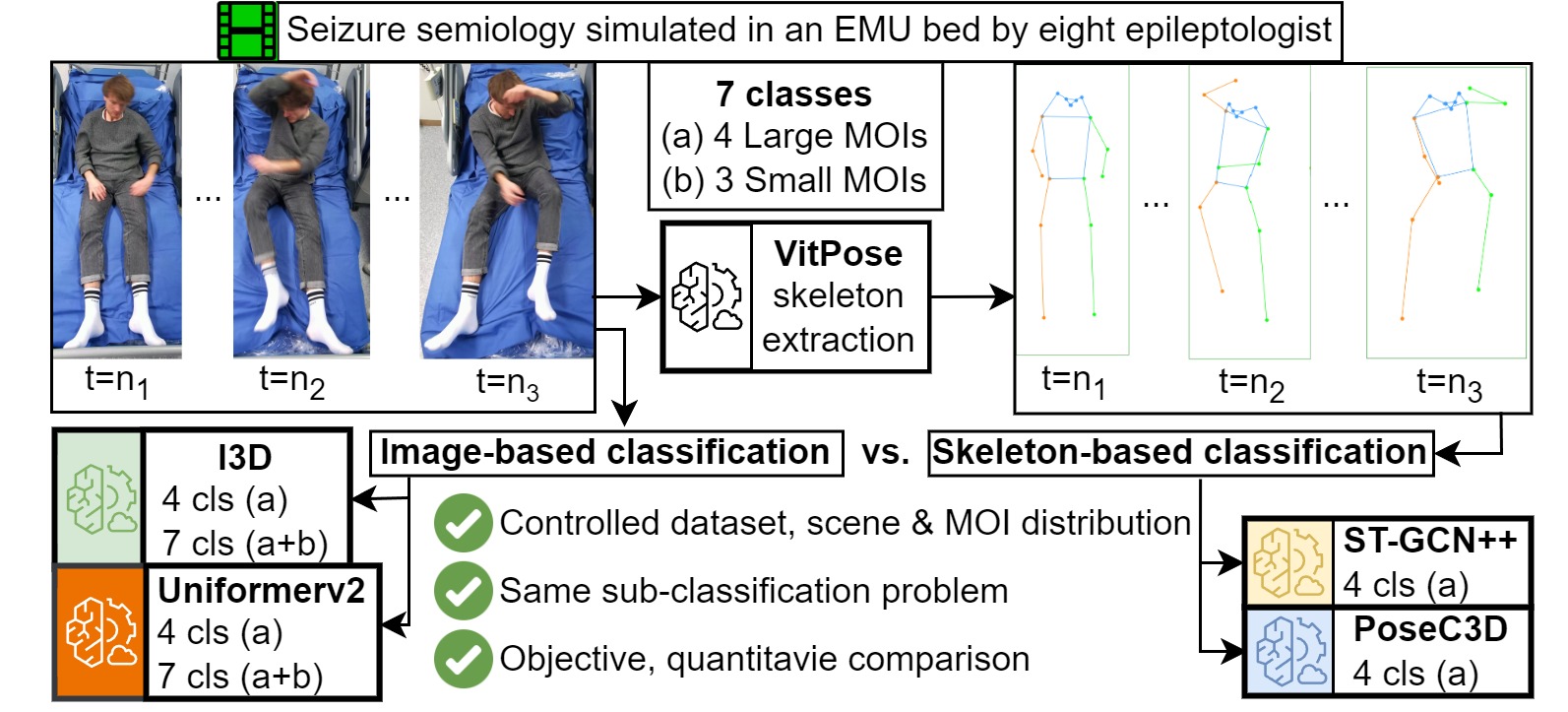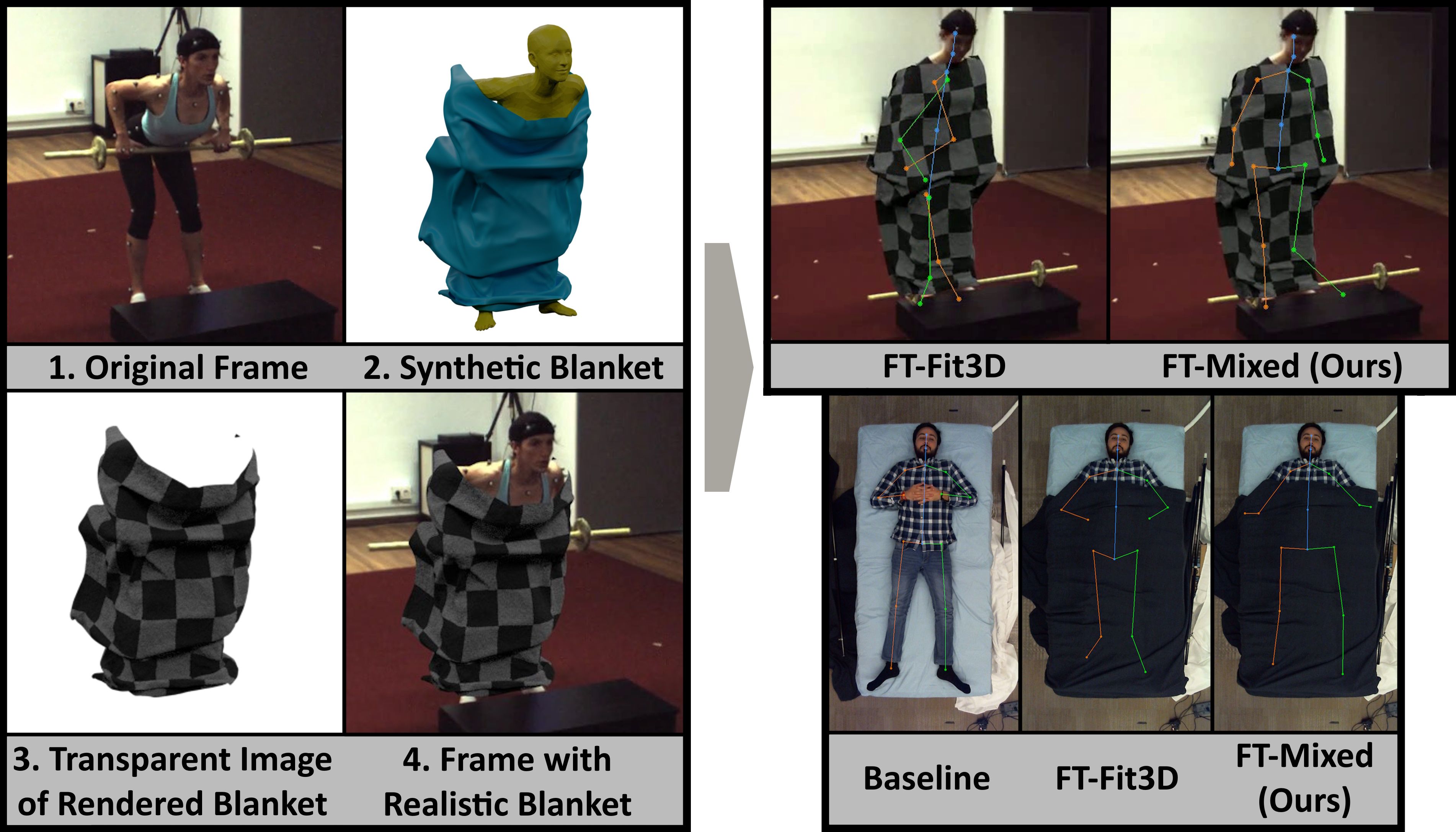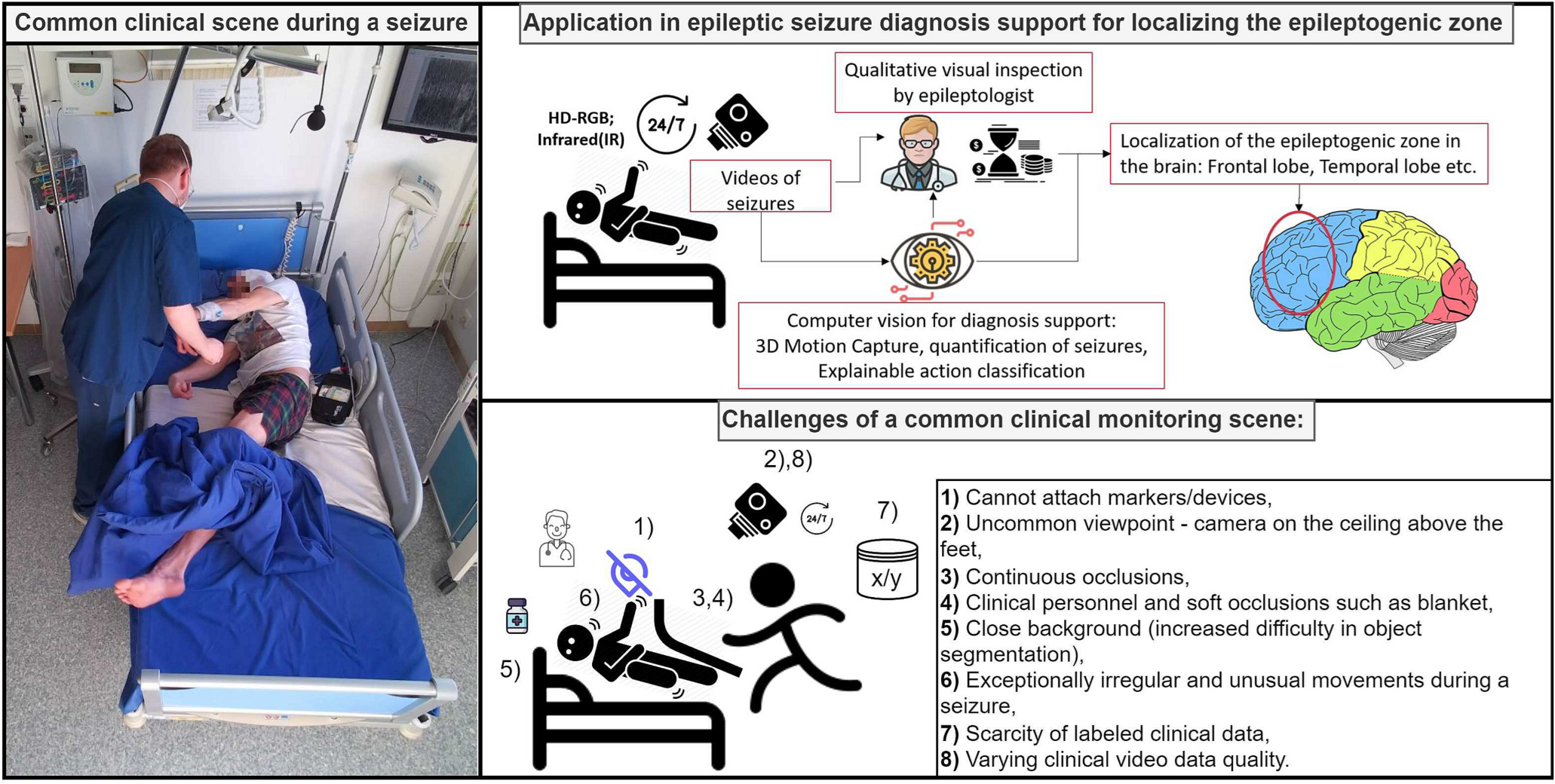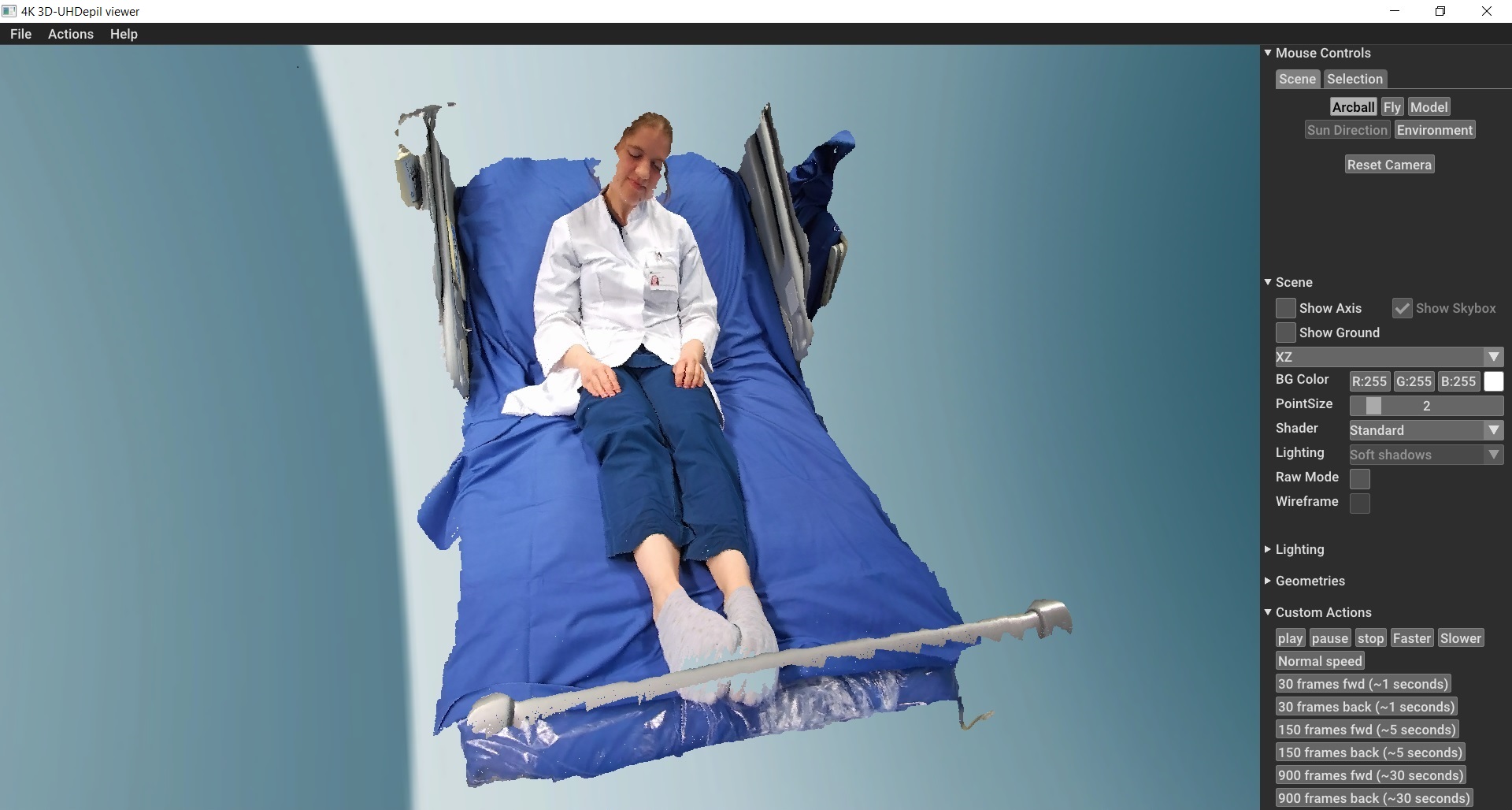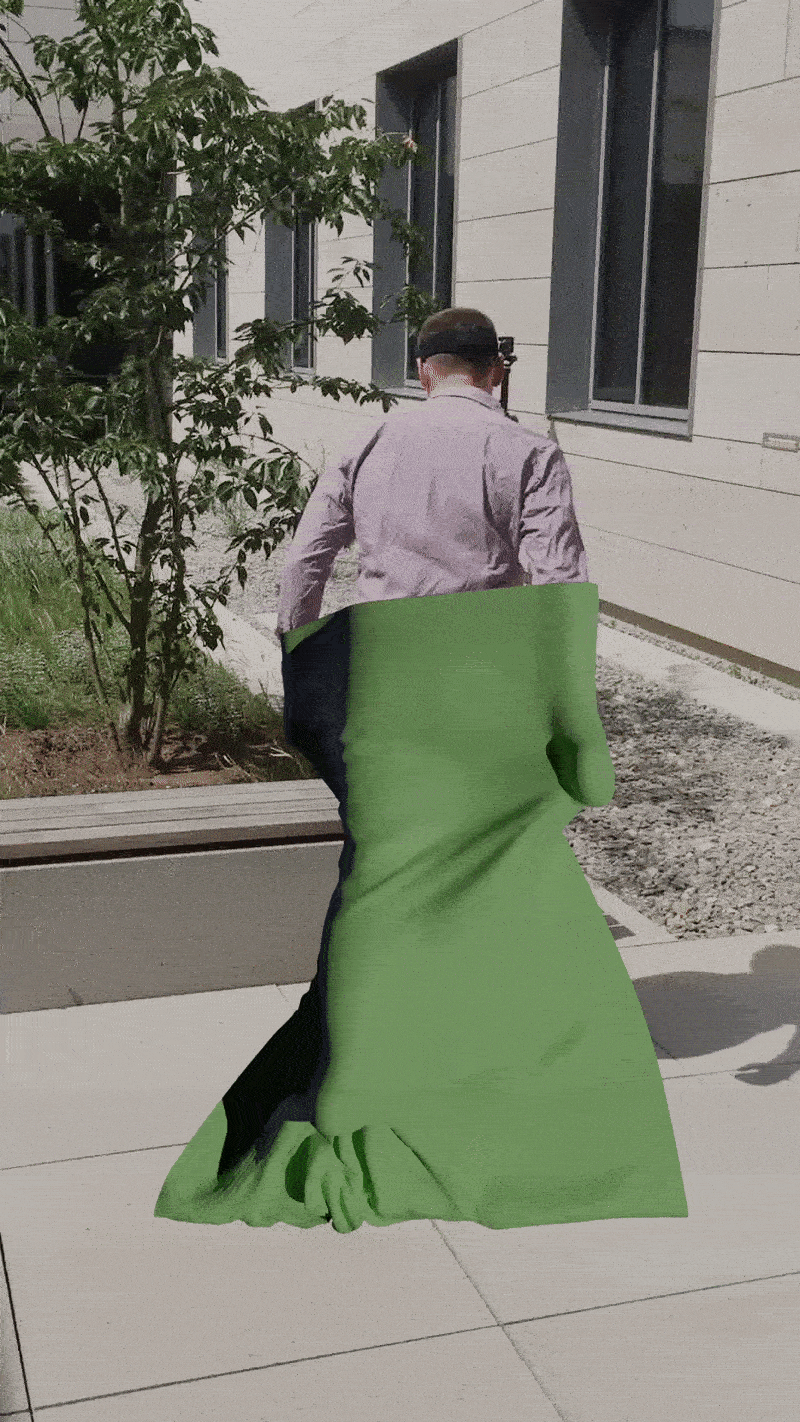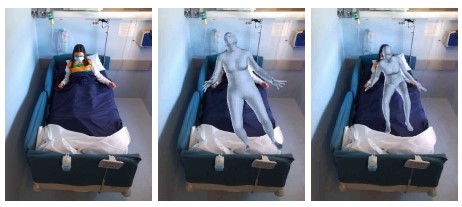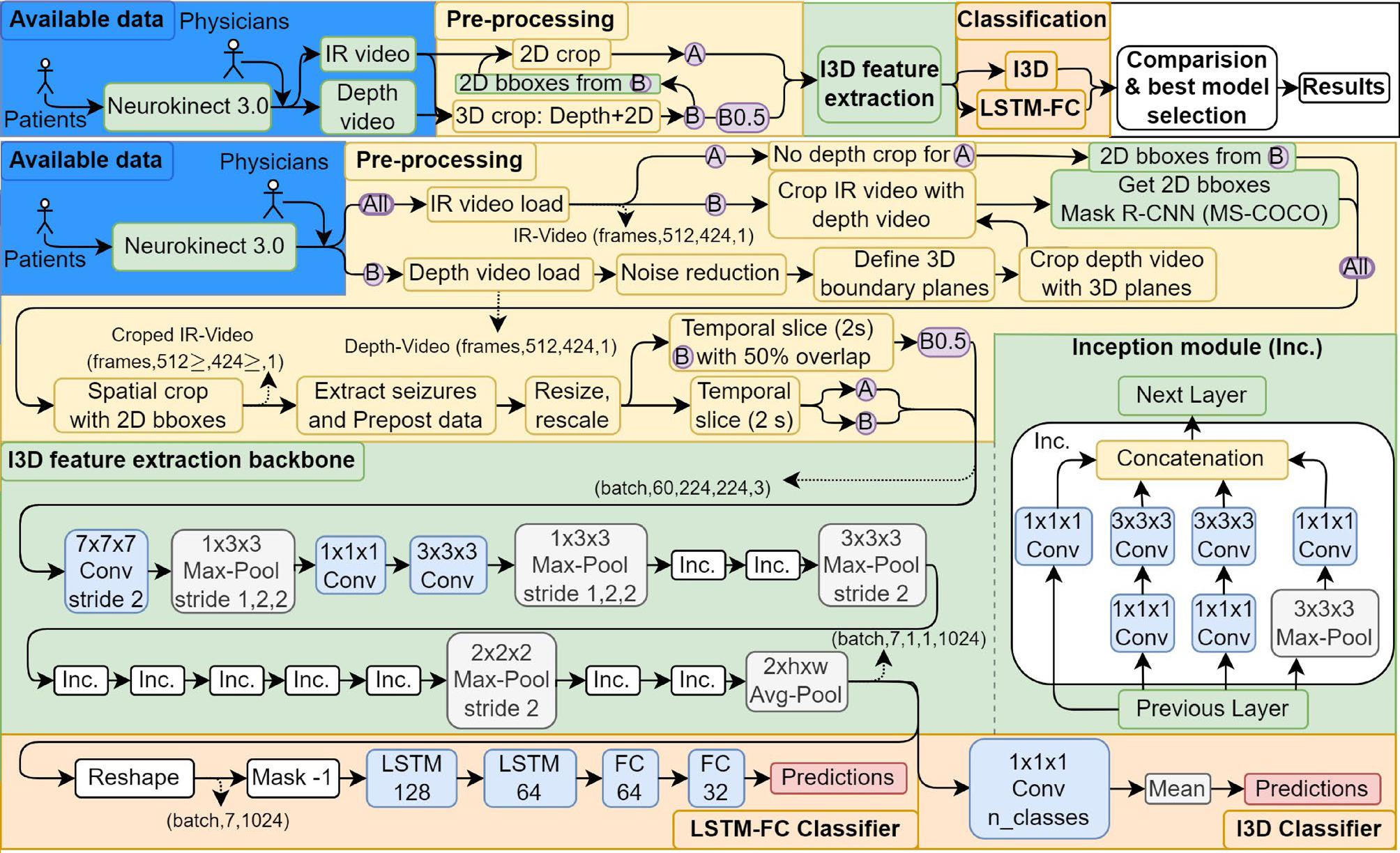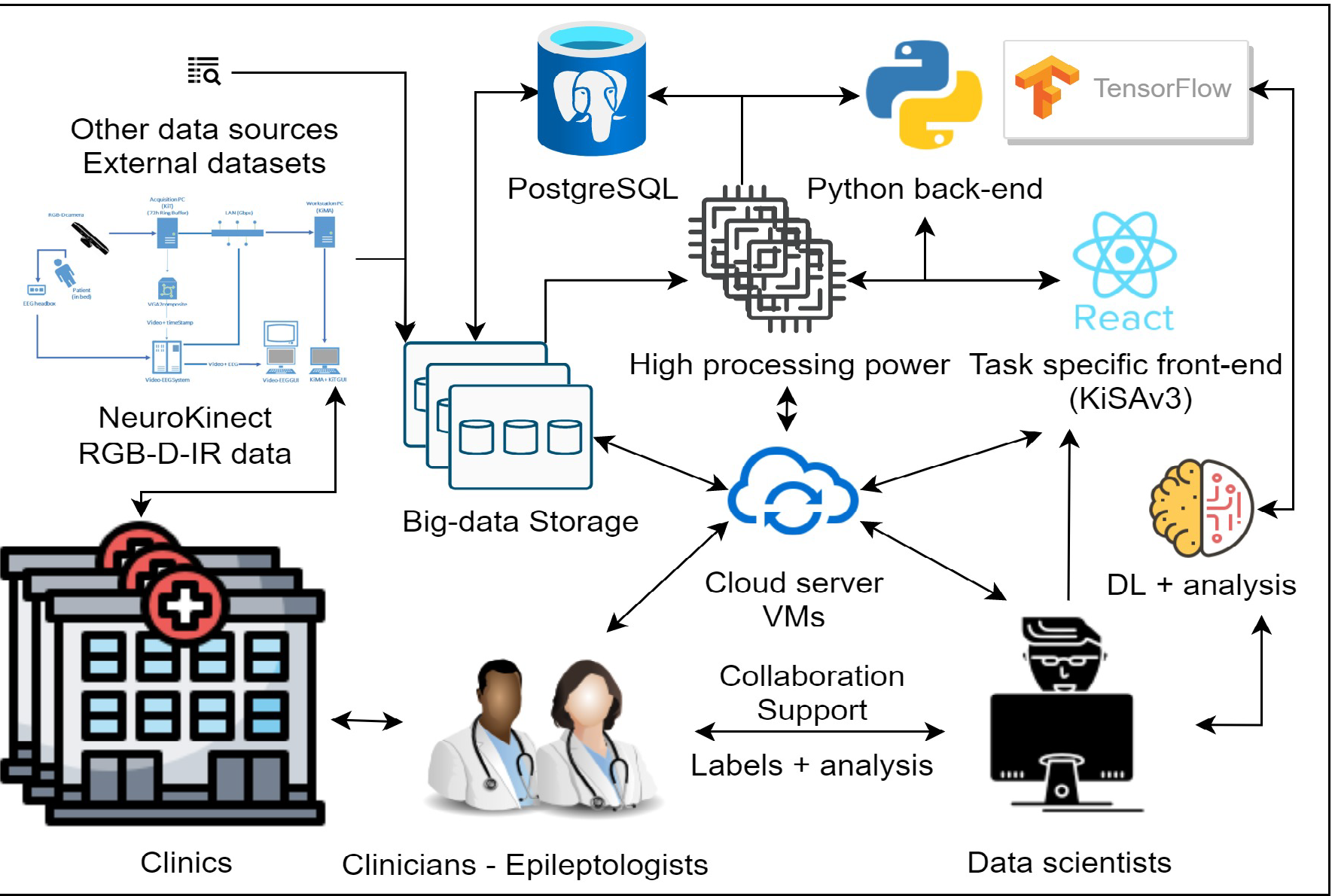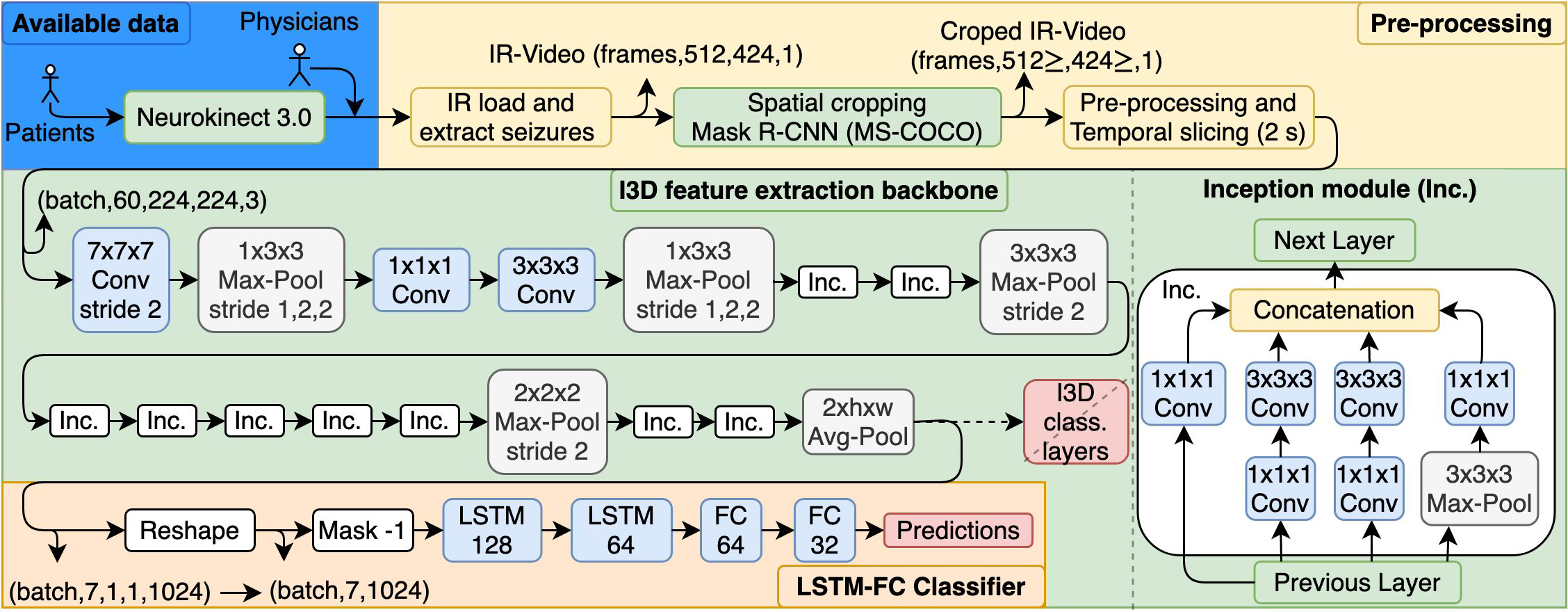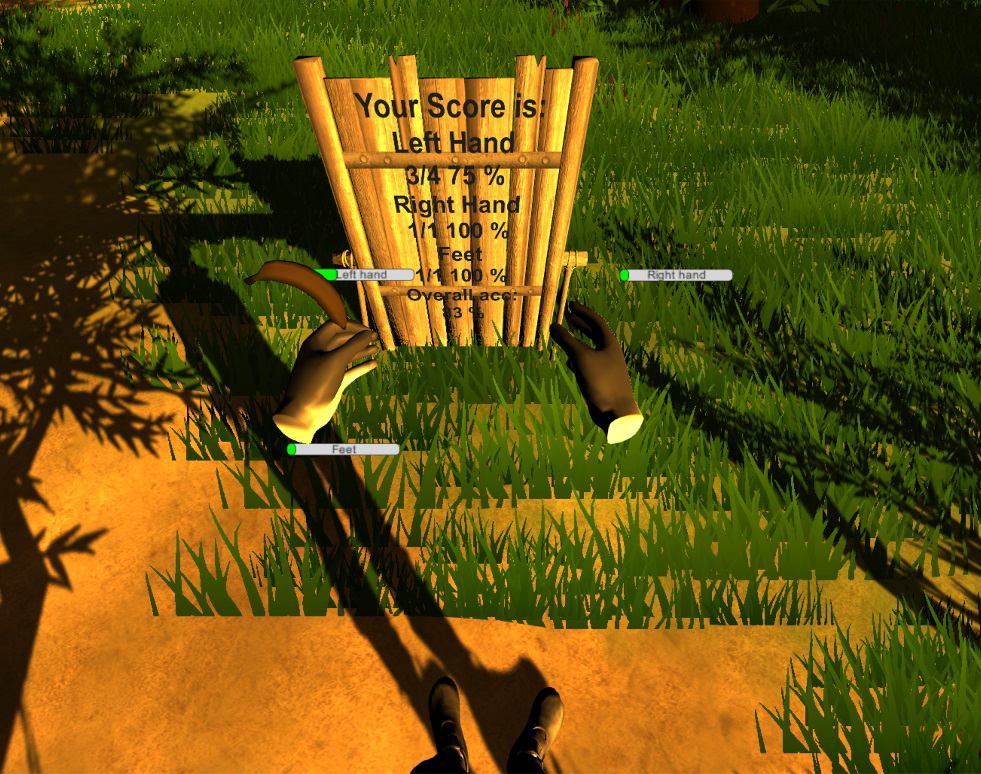Tamás Karácsony
Ph.D. Candidate affiliated with INESC-TEC, FEUP PDEEC, CMU RI.

I am a Ph.D. candidate in the Carnegie Mellon Portugal affiliated Ph.D. (CMU Portugal) program in the Doctoral Program in Electrical and Computer Engineering (PDEEC), at the Department of Electrical and Computer Engineering of the Faculty of Engineering of the University of Porto (FEUP), Portugal, and a researcher at INESC-TEC: Institute for Systems and Computer Engineering, in the Center for Biomedical Engineering Research (C-BER) in the Biomedical Research And INnovation (BRAIN) research group.
My PhD thesis “Explainable Deep Learning Based Epileptic Seizure Classification with Clinical 3D Motion Capture” is supervised by Prof. João Paulo Cunha and co-supervised by Prof. Fernando De la Torre. I am a visiting research scholar at the Computational Behavior (CUBE) Lab collaborating with Prof. László A. Jeni, and at the Human Sensing Laboratory (HSL) working with Prof. Fernando De la Torre at The Robotics Institute (RI), Carnegie Mellon University (CMU).
My research focuses on Advanced Human Sensing, 3D Motion Capture, Action and Pattern Recognition, Computer Vision, and Neuroengineering.
Selected publications
2025
2024
2023
2022
2021
2020
2019
Talks and posters
| Jun 16, 2023 | “In-bed action recognition for clinical diagnosis support: A two-stage, 3D motion capture and skeleton action recognition based approach” DCE23 Best Paper award; Abstract |
|---|---|
| Mar 26, 2023 | “Explainable Deep Learning Based Epileptic Seizure Classification with Clinical 3D Motion Capture” CMU Portugal: PhD Research Presentation During Visit of Minister Elvira Fortunato, Pittsburgh, CMU |
| Nov 10, 2022 | “Explainable Epileptic Seizure Classification: A 2-stage Pipeline” CMU Portugal summit, Lisbon; Poster |
| May 16, 2022 | “3D Motion capture technologies for clinical patient monitoring – a short summary” Ciência 2022, Encontro com a Ciência e Tecnologia em Portugal, Lisbon; Poster |
| Jan 24, 2020 | “An Epileptologist-Friendly Cloud-Based Remote 3Dvideo-EEG Processing Environment For Quantifed Semiology Analysis” Juntos Pelo Fernando Conference, Lisbon |
